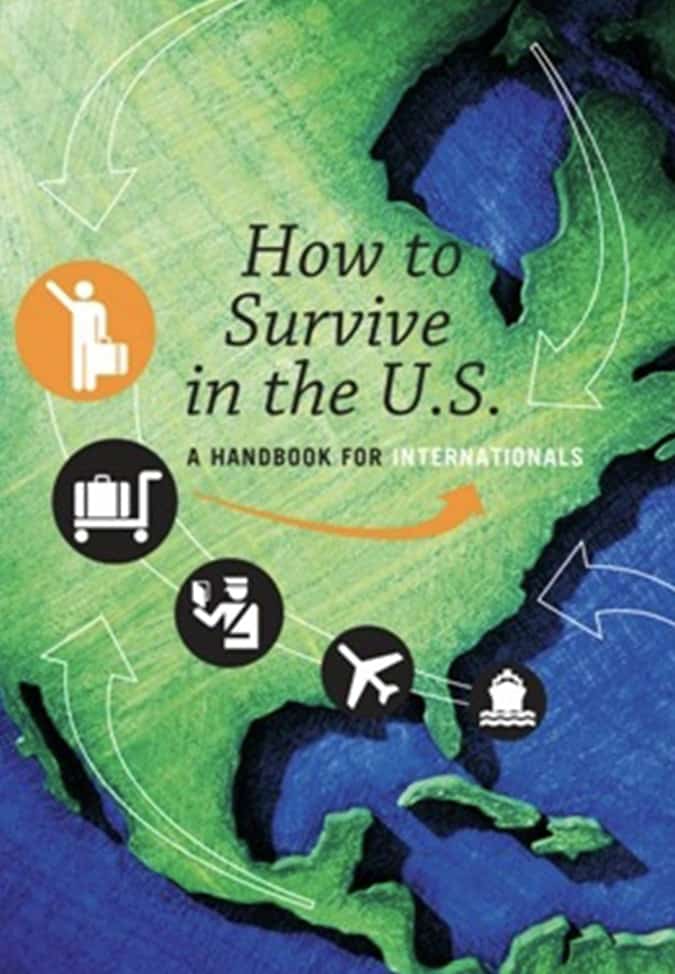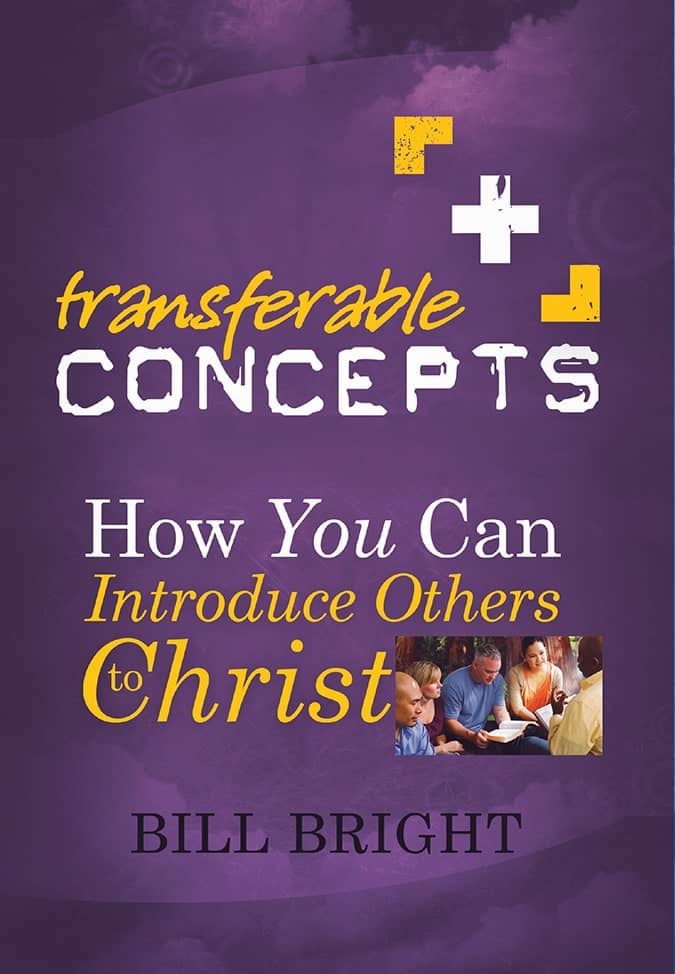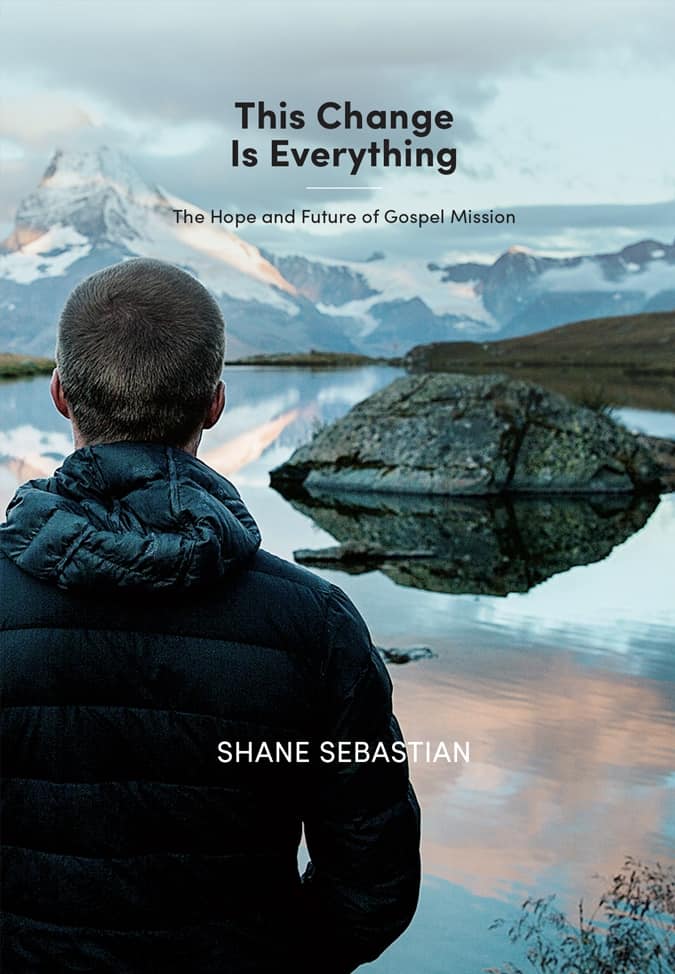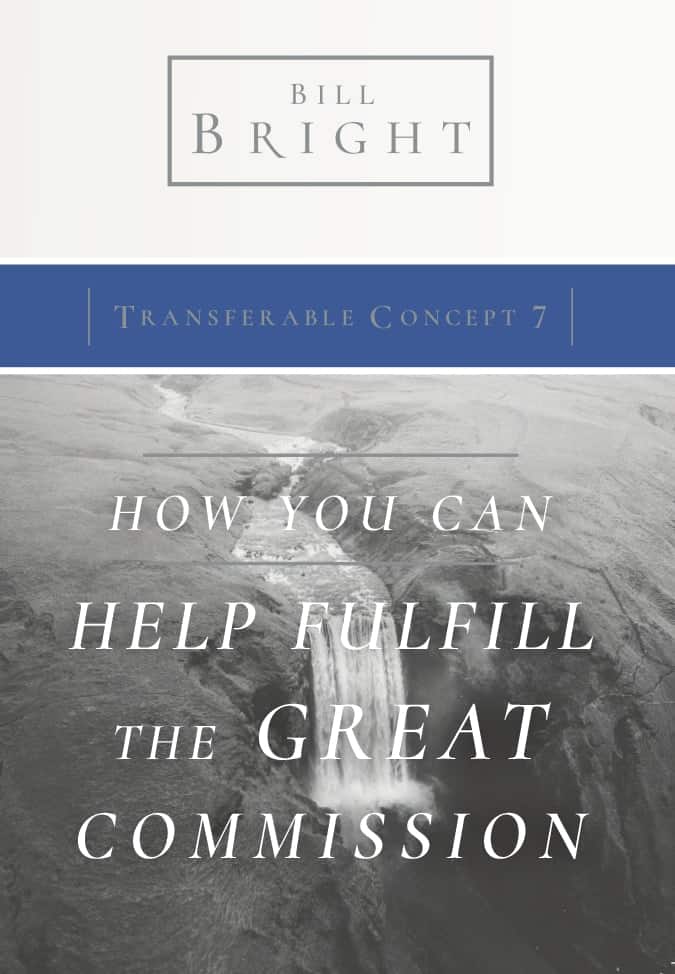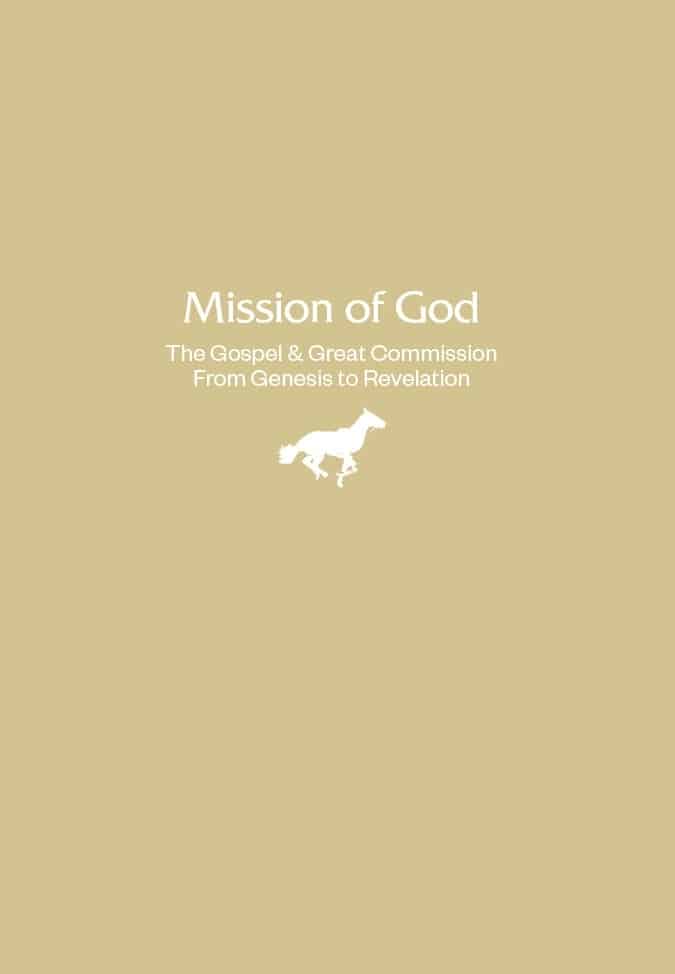The Why and When of Conferences

The point of this article is to explain the method or reasoning behind each conference: why we have it and why we have it when we do.
The Fall Retreat
The Fall Retreat is typically held between 6-8 weeks after the start of the semester. Each school year begins with a new crop of freshman as well as transfer students. Each school year begins with new students seeking to get involved with the ministry. But like any club, team, or social group, it’s difficult to forge relationships when you only see one another an hour or two a week. Deep relationships are the product of significant time spent together.
The Fall retreat is the vehicle to consolidate whatever new growth has occurred in the first month and weeks of the school year. If you were to narrow down the reasons for having a Fall Retreat to just one, it would be this: to take the many individuals involved in your ministry and sew them together into a close community of committed believers.
But of course you don’t need to narrow the reason down to just one, conferences often serve multiple purposes. Equal to the relational reason is the spiritual reason for the retreat. To take a significant step forward in one’s relationship with Christ requires some unhindered, undistracted, time away with the Lord and the Fall Retreat provides this.
Away from the dorms, the homework, and the social life, students are able to do some reflecting and soul-searching. The Fall Retreat fosters this environment. There’s solid Bible teaching, worship, extended time for reflection and personal devotions, all of which takes place in the surroundings of nature and not concrete.
If you think of the Fall Retreat as a time of consolidation, one more thing needs to be consolidated. Typically there are at least a few within the ranks who have never made an actual decision to trust Christ for their salvation. Students come to Christ at Fall Retreats. Christian students also make significant decisions about issues that have been holding them back spiritually. This is a time where faith is firm-up and consolidated.
Having come together as a community, the community needs to be aimed in a direction. The church is a family but it’s also an army with a mission—to expand Christ’s Kingdom. Before heading back to campus, some forward looking plans and goals should be discussed: “What are you going to do as the body of Christ back on campus?”
And so we have the Fall Retreat because frankly a better way to accomplish these goals has yet to be discovered.
Winter Conference
One of the greatest obstacles to leading a campus ministry is the transient nature of the college campus. Just as the ministry is beginning to gel and form into real biblical community, the semester ends and everyone vacates for an entire month. January feels like you’re starting the ministry all over again.
But in the world of campus ministry every obstacle is at the same time an opportunity, and that opportunity is Winter Conference. This is a chance to gather the most committed members of your ministry for five days of the most incredible fellowship, worship, Bible teaching, and outreach. In this case, the Christmas break actually serves to accelerate the ministry rather than hinder it. Students return to campus ready and eager to lead, to serve, and to reach the campus for Christ.
Again, conferences serve multiple purposes, and the goal of Winter Conference is far bigger than solving the Christmas break exodus. Winter Conference is a vision building conference. Here, students learn of how God is at work on other campuses and in countries all over the world. They feel connected to the larger body of Christ and they feel connected to the broader mission of the church— to bring the gospel to everyone on the planet. Winter Conference opens eyes and expands vision.
The idea for such a visionary conference goes back a long ways:
In 1886 the first ever Christian conference for college students was held at Mount Hermon, Massachusetts. On Friday evening, the last day of the conference, 250 students were given a challenge by Robert Wilder to consider taking the gospel to the world as foreign missionaries.
One by one, coming forward to except the challenge, were 100 students from schools such as Yale, Harvard, Dartmouth, and Cornell. As a symbol of their commitment, each student signed a pledge, which simply read: “We the undersigned, declare ourselves willing and desirous, God permitting, to go to the unevangelized portions of the world.”
Seeing God’s hand at work, Wilder spent the next year feverishly traveling to over a hundred and fifty campuses giving the same challenge, and seeing an additional 2,100 sign the Pledge. And this, quite literally, was only the beginning. For over 50 years, missionaries would pour out from the Student Volunteer Movement to the far corners of the earth—a total of 20,500 missionaries, the greatest missionary endeavor in the history of the church.
If the purpose of the Fall Retreat is to consolidate the ministry, the purpose of Winter Conference is to mobilize the ministry—to cast a vision for using time, talent, and treasure to help fulfill the Great Commission.
Big Break
As we walk through the campus year, you can see how the Fall Retreat sits squarely in the middle of the first semester and how Winter Conference bridges the gap between semesters. It is the Big Break conference that provides the major rallying point of the second semester.
Big Break is a one-week mission experience that gathers students from colleges and universities from all over the country in Panama City Beach, Florida for Spring Break.
First of all, Big Breaks picks up on some of the objectives of the Fall Retreat and Winter Conference. There is often new growth that occurs in the second semester and that growth needs to be consolidated—new members need to be sewn into the fabric of the movement and Big Break provides the opportunity, just as the Fall Retreat did during the first semester.
And, like Winter Conference, though not to the same degree, Big Break is a visionary conference. As students come together from campuses all over the country they experience the Kingdom of God as something bigger than just themselves and their campus.
Big Break, however, is not just a repeat of the Fall Retreat and Winter Conference. It provides something the other conferences don’t and that is practical ministry training and experience.
There’s no question that vision spurs our faith, but it is in doing the ministry—actually getting into the battle—that God’s power is fully unleashed, convictions are forged, and fruit is borne.
What is most unique—and most challenging—about the Big Break conference is the outreach and ministry training. Over the course of the week, students will venture out together on the beach looking for opportunities to share Christ with other college students down for Spring Break.
This evangelism component is life-transforming. Students step out in faith further than they’ve ever dared, they see God working in ways they’ve never witnessed, and they experience God’s Spirit more powerfully and dramatically than perhaps ever before. They also have the opportunity to see people come to Christ and that, in itself, is enough to alter the course of a life.
As a result, one of the great benefits of this conference is multiplying the number of laborers involved in your ministry. With the experience and training received at the conference, more students are able to share in leadership, evangelism, and discipleship back on campus.
There may be other weekends, socials, or overnights held during the course of the school year serving a variety of purposes, but these are the primary Cru conferences, the reasons for having them, and why you should to be there.
© 2010, CruPress, All Rights Reserved. CruPress.com




